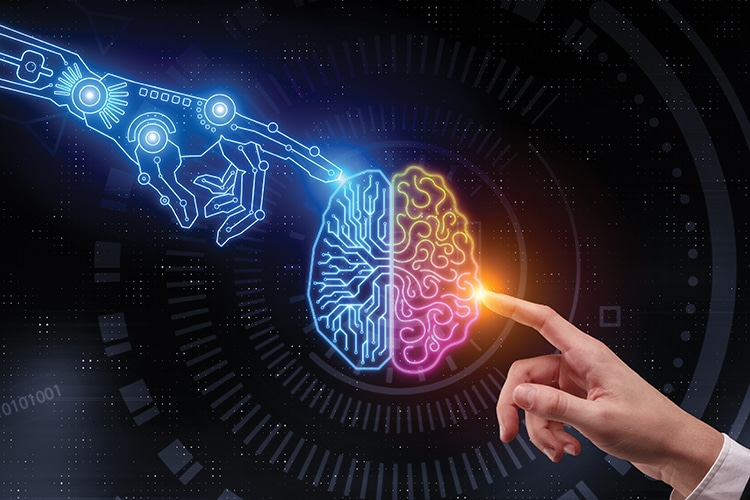Artificial Intelligence (AI) has come a long way since its inception in the mid-20th century. Today, AI is integral to various industries and is set to revolutionize many more. While the rapid advancements in AI technology have created many opportunities, they have also given rise to several challenges that must be tackled. This blog will explore the opportunities and challenges of AI’s future.

Opportunities:
Automation: AI is already automating repetitive healthcare, logistics, and manufacturing tasks. As AI technology evolves, it will allow for greater automation, freeing humans to focus on tasks requiring creativity and critical thinking.
Personalization: AI can analyze vast amounts of data to provide personalized recommendations to users. This is already evident in e-commerce and advertising and can potentially transform many other industries, including healthcare and education.
Efficiency: AI can optimize processes and systems to improve efficiency and reduce costs. This is already evident in industries such as energy and transportation, where AI is used to optimize routes and reduce fuel consumption.
Innovation: AI can drive innovation by enabling the development of new products and services that were not possible previously. For instance, AI-powered chatbots can provide new customer service and support forms.
Challenges:
Bias: AI systems can exhibit bias if trained on incomplete data, leading to discriminatory outcomes, particularly hiring and lending. It is essential to ensure that AI systems are trained on unbiased data and audited regularly to correct biases.
Privacy: AI systems can collect significant amounts of data about individuals, raising concerns about privacy and security. It is essential to ensure that AI systems are designed with privacy in mind and that proper safety measures are in place to protect sensitive data.
Accountability: AI systems can make decisions that impact individuals and society. Ensuring responsibility for these decisions and having mechanisms to address any negative consequences is essential.
Regulation: AI is evolving rapidly, and keeping up with the latest developments can be challenging. It is crucial to have appropriate rules in place to ensure AI is developed and used ethically and responsibly.

In conclusion, while the future of AI is full of opportunities, it also presents several challenges that must be tackled. As AI technology advances, developing and using it responsibly and ethically is crucial. Achieving this goal will require cooperation between industry, government, and society.

